Nanotechnology glass coatings are revolutionizing the way we protect and maintain glass surfaces. Utilizing advanced molecular engineering and nanoscale materials, these coatings offer a range of benefits, such as enhanced durability, anti-reflective properties, improved scratch resistance, and easy-to-clean surfaces. 1. Unmatched Durability and Protection: Nanotechnology glass coatings provide an additional layer of protection to glass surfaces, making them more resistant to scratches, abrasions, and weathering effects. These coatings create a long-lasting barrier that shields glass from harmful UV radiation, chemical stains, and even graffiti.
.
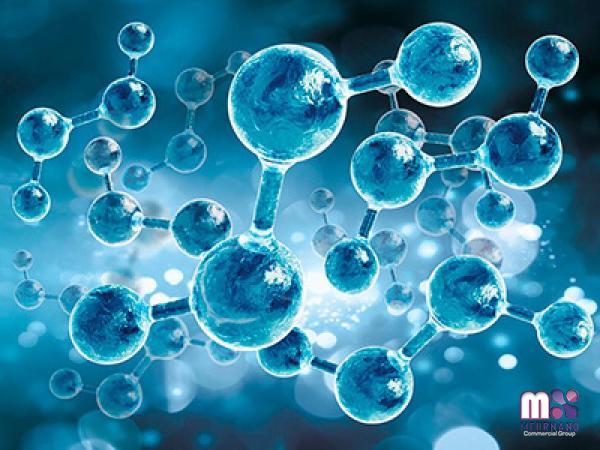 The nanoscale particles form a strong bond with the glass surface, ensuring long-term durability and protection. 2. Enhanced Optical Properties: One of the remarkable benefits of nanotechnology coatings is their ability to modify the optical properties of glass. For instance, anti-reflective nanocoatings can significantly reduce glare and improve visibility, making them particularly useful in automotive windshields, optical lenses, camera lenses, and architectural glass. This technology enables better light transmission, enhancing visual clarity and reducing eye strain. 3. Easy Maintenance and Self-Cleaning Properties: Nanotechnology glass coatings make it easier to maintain and clean glass surfaces.
The nanoscale particles form a strong bond with the glass surface, ensuring long-term durability and protection. 2. Enhanced Optical Properties: One of the remarkable benefits of nanotechnology coatings is their ability to modify the optical properties of glass. For instance, anti-reflective nanocoatings can significantly reduce glare and improve visibility, making them particularly useful in automotive windshields, optical lenses, camera lenses, and architectural glass. This technology enables better light transmission, enhancing visual clarity and reducing eye strain. 3. Easy Maintenance and Self-Cleaning Properties: Nanotechnology glass coatings make it easier to maintain and clean glass surfaces.
..
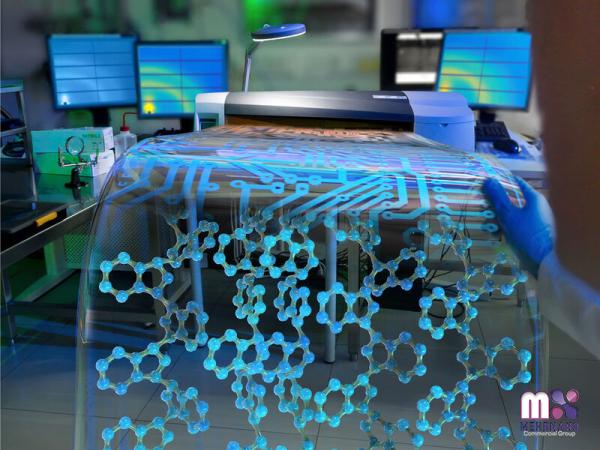 Thanks to their hydrophobic and oleophobic properties, these coatings repel water, oils, and dirt, preventing them from adhering to the glass. Rainwater or a simple rinse can easily remove dust, fingerprints, and other contaminants, significantly reducing the time and effort required for regular cleaning. This makes nanocoated glass surfaces ideal for architectural glazing, solar panels, and automotive glass. 4. Environmentally Friendly: Nanocoatings are a green solution for glass protection. With superior durability and resistance, these coatings eliminate the need for harsh cleaning chemicals, reducing environmental pollution. Moreover, the enhanced self-cleaning properties minimize water usage during cleaning, resulting in additional environmental benefits. Along with reduced maintenance costs, this makes nanotechnology glass coatings a sustainable choice for various industries. 5. Versatility and Application: Nanotechnology glass coatings have a wide range of applications across industries.
Thanks to their hydrophobic and oleophobic properties, these coatings repel water, oils, and dirt, preventing them from adhering to the glass. Rainwater or a simple rinse can easily remove dust, fingerprints, and other contaminants, significantly reducing the time and effort required for regular cleaning. This makes nanocoated glass surfaces ideal for architectural glazing, solar panels, and automotive glass. 4. Environmentally Friendly: Nanocoatings are a green solution for glass protection. With superior durability and resistance, these coatings eliminate the need for harsh cleaning chemicals, reducing environmental pollution. Moreover, the enhanced self-cleaning properties minimize water usage during cleaning, resulting in additional environmental benefits. Along with reduced maintenance costs, this makes nanotechnology glass coatings a sustainable choice for various industries. 5. Versatility and Application: Nanotechnology glass coatings have a wide range of applications across industries.
…
 From construction and architecture to automotive and electronics, their versatility ensures widespread adoption. Applying these coatings to solar panels improves energy efficiency by maintaining clean and transparent surfaces. Furthermore, the use of these coatings in display technologies enhances visibility, brightness, and touch response in electronic devices. Conclusion: Nanotechnology glass coatings represent a significant advancement in glass protection, offering unparalleled durability, optical enhancement, easy maintenance, and environmental benefits. These coatings are rapidly gaining popularity across various industries due to their versatility and numerous advantages. As technology continues to advance, nanotechnology coatings are expected to evolve and become even more efficient and multifunctional, driving the adoption of this innovative solution in the years to come.
From construction and architecture to automotive and electronics, their versatility ensures widespread adoption. Applying these coatings to solar panels improves energy efficiency by maintaining clean and transparent surfaces. Furthermore, the use of these coatings in display technologies enhances visibility, brightness, and touch response in electronic devices. Conclusion: Nanotechnology glass coatings represent a significant advancement in glass protection, offering unparalleled durability, optical enhancement, easy maintenance, and environmental benefits. These coatings are rapidly gaining popularity across various industries due to their versatility and numerous advantages. As technology continues to advance, nanotechnology coatings are expected to evolve and become even more efficient and multifunctional, driving the adoption of this innovative solution in the years to come.


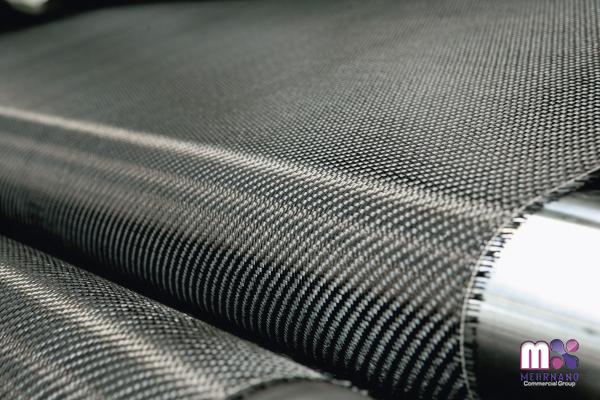
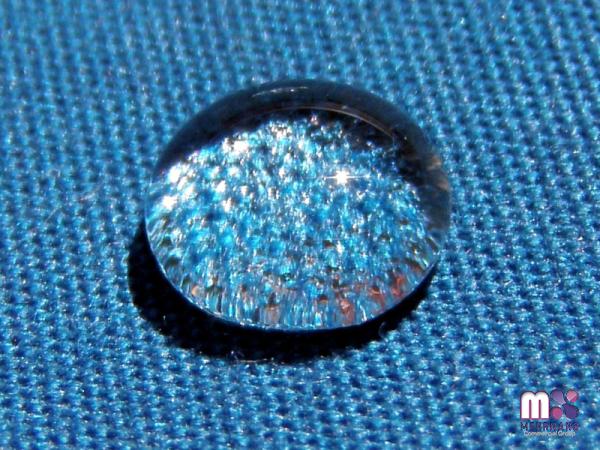

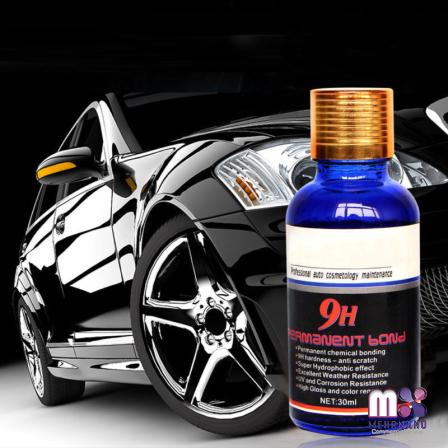


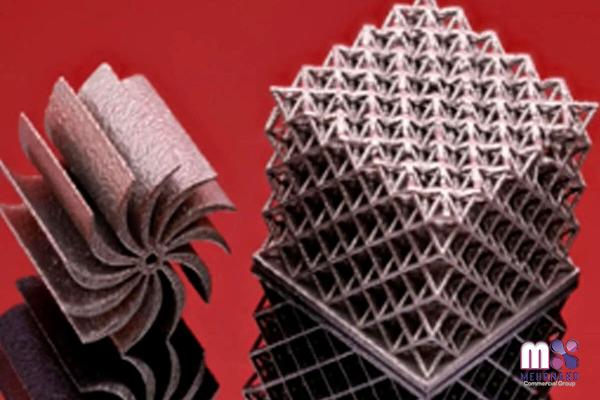
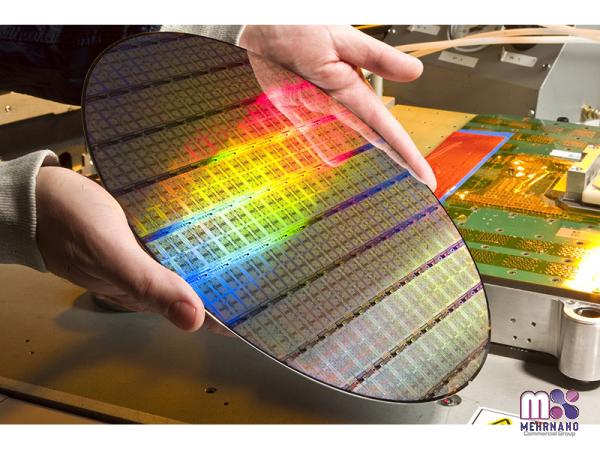
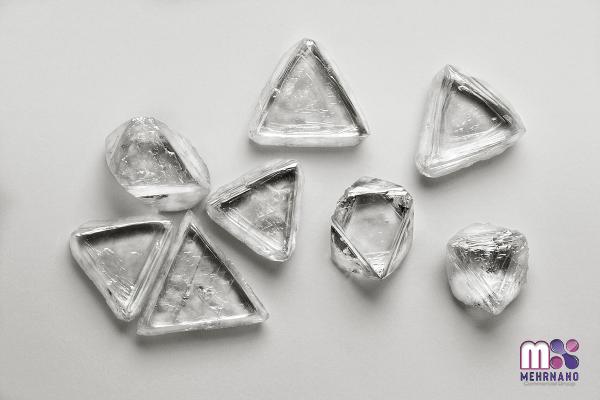
Your comment submitted.